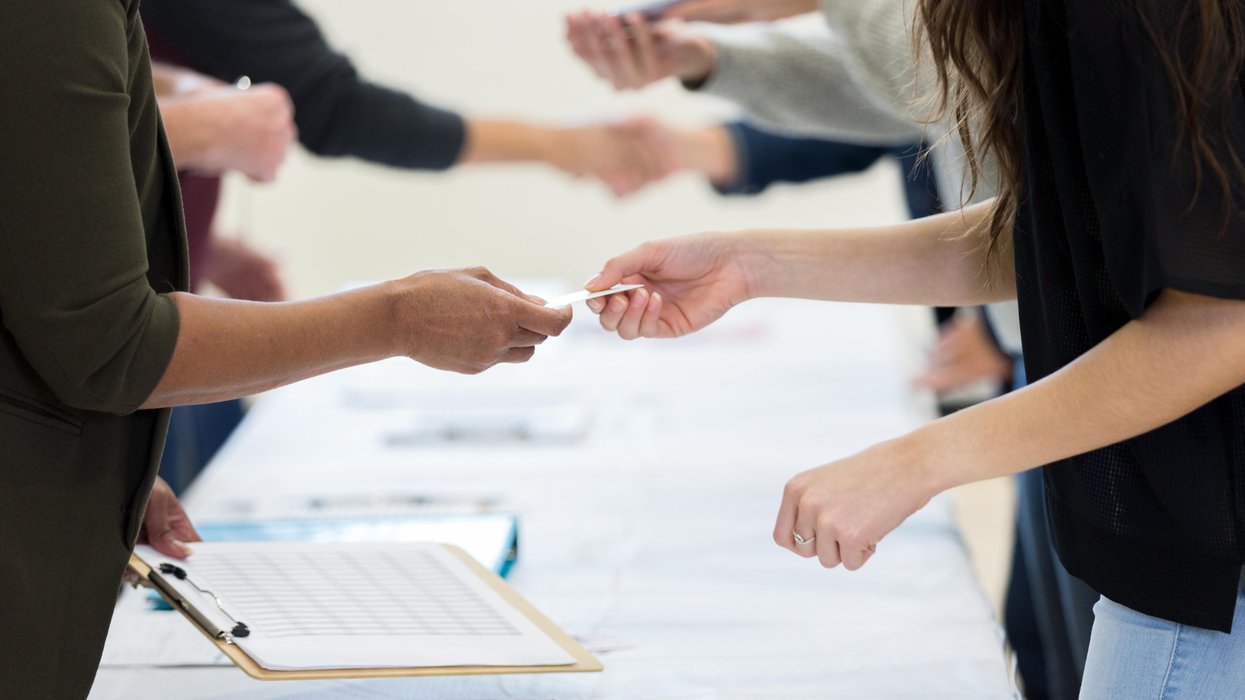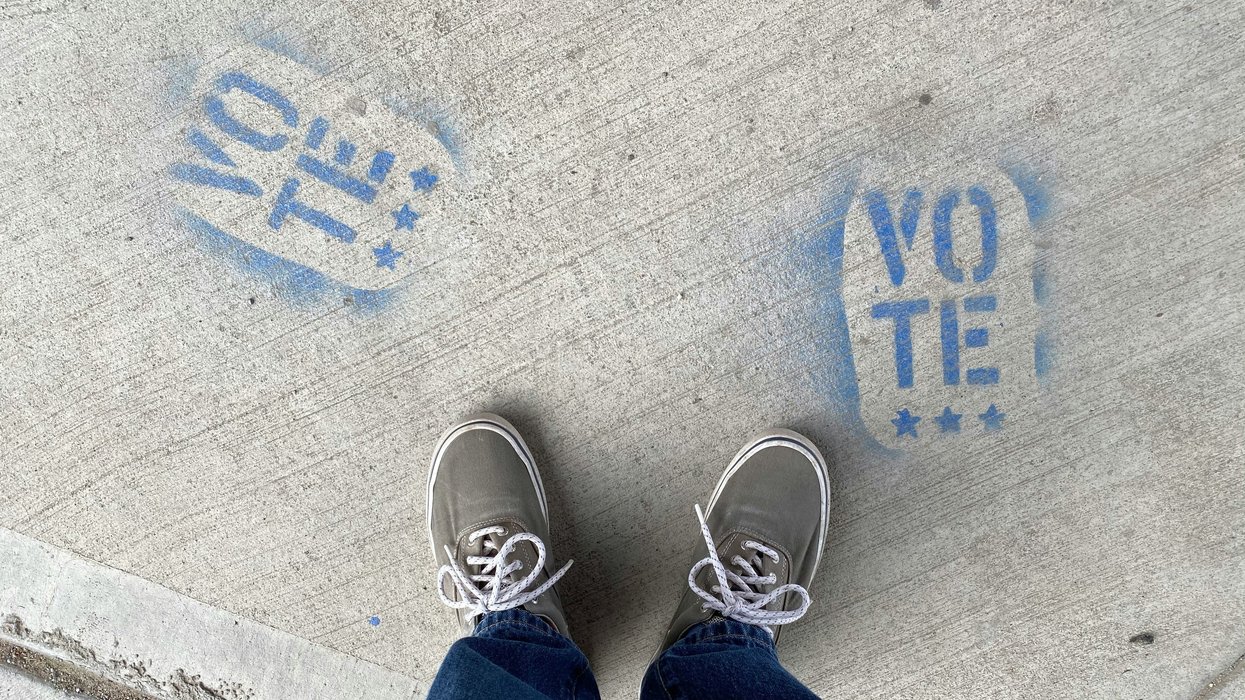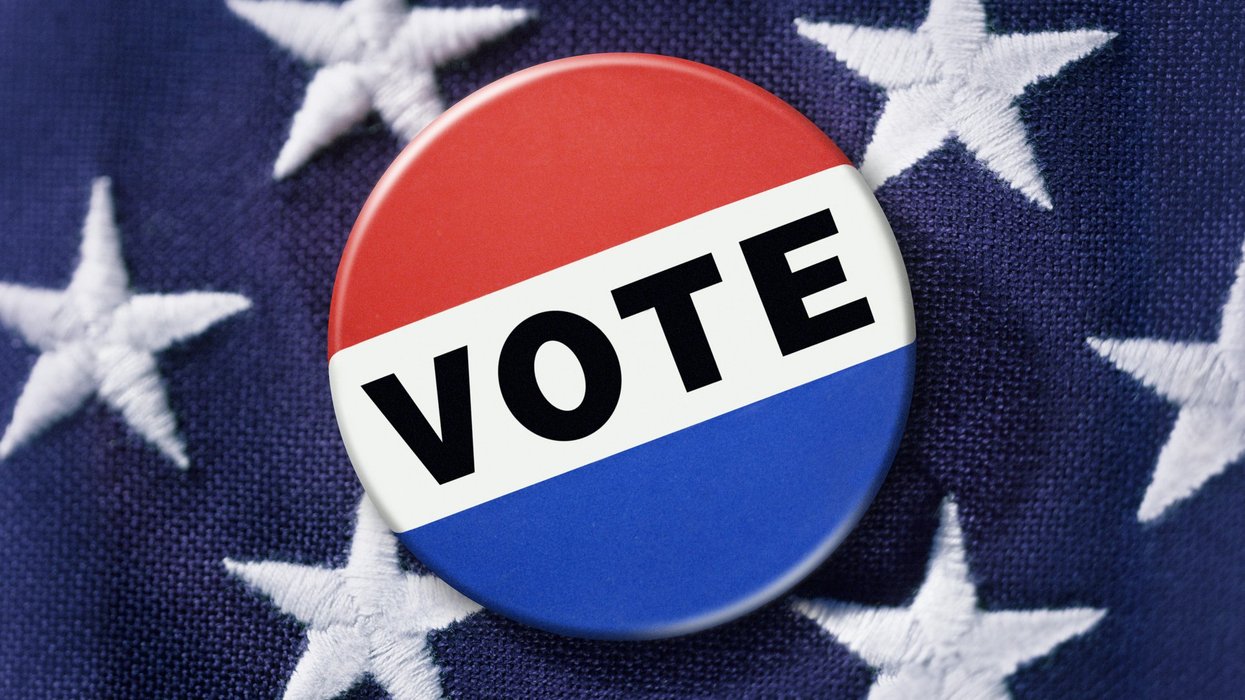North Carolina A&T State University has long been a focus in the state's seemingly perpetual dispute over gerrymandering. Now, students are fighting for an opportunity to vote easily in a potentially crucial presidential primary.
The campus of the country's largest historically black college has been cleaved in half by Republican mapmakers, split for 2016 and 2018 between two lopsidedly Republican congressional districts so as to minimize the impact of votes from the overwhelmingly Democratic student body of 12,000.
A lawsuit challenging that House district map as violating the rights of Democrats to fair elections and free speech under the state constitution, filed last week, cites the dividing of the A&T electorate as one of the most egregious examples of this partisan gerrymandering method, known as "cracking."
While that suit plays out, students have turned their attention to March 3. That's when Democrats in North Carolina and 16 other states will cast votes on a Super Tuesday that could reshape, or perhaps effectively decide, the presidential nominating contest.
Turns out, that's also the Tuesday in the middle of A&T's spring break week.
And, if the past is a guide, there will be no early voting location on campus so students can cast their ballots before vacation. That is why a group has launched an online petition drive to get the city of Greensboro or the Guilford County Board of Elections to stand up such a polling station.
Sign up for The Fulcrum newsletter
More than 1,500 have signed the petition so far, spurred on by a "#LetAggiesVote" campaign on social media.
"I feel like letting Aggies vote should be the bare minimum," Cole Riley, a sophomore political science major organizing the effort, told the campus newspaper. "That's just how America is supposed to work. A movement asking us to vote ... we shouldn't need a movement in the first place."





















